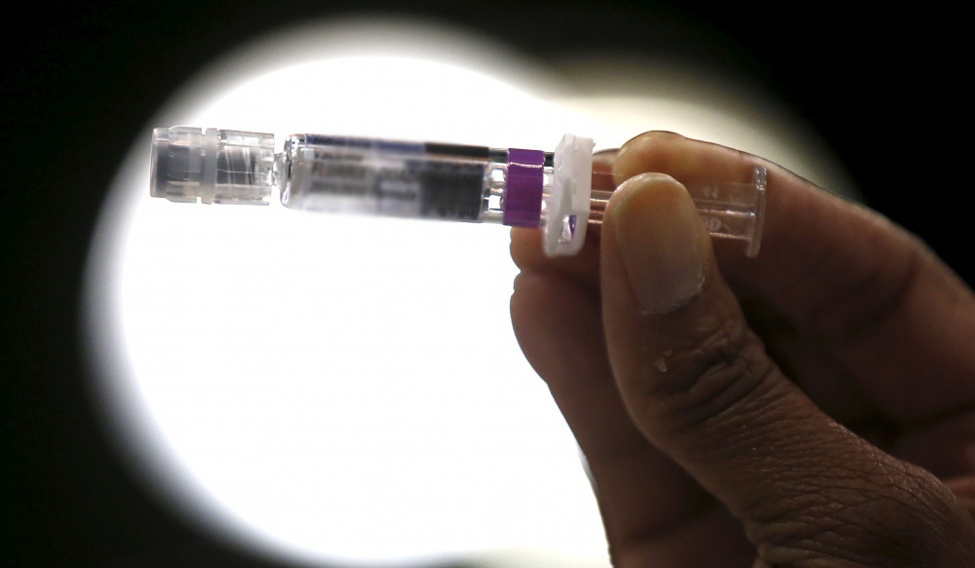By 2018, India will have full immunisation, according to the Union health ministry. The Centre is planning to accelerate its efforts to ensure full immunisation coverage, by focusing on urban areas and other pockets of low immunisation.
According to a statement from the ministry, states will conduct Intensified Mission Indradhanush drives for seven working days from the 7th of every month, beginning October. These drives will continue for four consecutive months. A total of 118 districts, 17 urban areas and 52 districts in the northeast states will be targeted. Among these, the maximum number of districts have been identified in Uttar Pradesh (52), followed by Bihar (14) and Madhya Pradesh (13).
As part of the plan, the health ministry will co-ordinate with several other ministries—women and child development, panchayati raj, urban development, and youth affairs, among others.
Currently, the immunisation coverage in the country stands at 62 per cent, according to National Family Health Survey (2015-16) data. Data from previous survey (2005-2006) put the figure for immunisation at 43.5 per cent. According to the ministry, it has been seen that the increase in immunisation coverage had slowed down and it increased at the rate of 1 per cent per year between 2009-2013. The Centre claims that the first two phases of Mission Indradhanush (2015) led to an increase of 6.7 per cent in a year, as compared to the 1 per cent increase in the past.
The Centre's Universal Immunisation Programme provides vaccines against 12 vaccine preventable diseases, currently. However, immunisation has been under the cloud of several controversies, particularly when earlier this year, rumours about the measles-rubella vaccine hit the vaccination drive in states like Tamil Nadu and Karnataka.
Concerns about the safety of children being vaccinated have also been raised by public health experts such as Delhi-based pediatrician Dr Jacob Puliyel, member of National Technical Advisory Group on Immunisation. Last month, in a letter published in the Indian Journal of Medical Ethics, Puliyel pointed out that the World Health Organisation's new AEFI (adverse events following immunsation) classification, “no death can result from vaccination”, and, “if any death does occur, it is only coincidental and not due to the vaccine”. This classification puts the safety of children, especially those with underlying diseases at risk, as it removes the impetus to provide them special care during immunisation.




